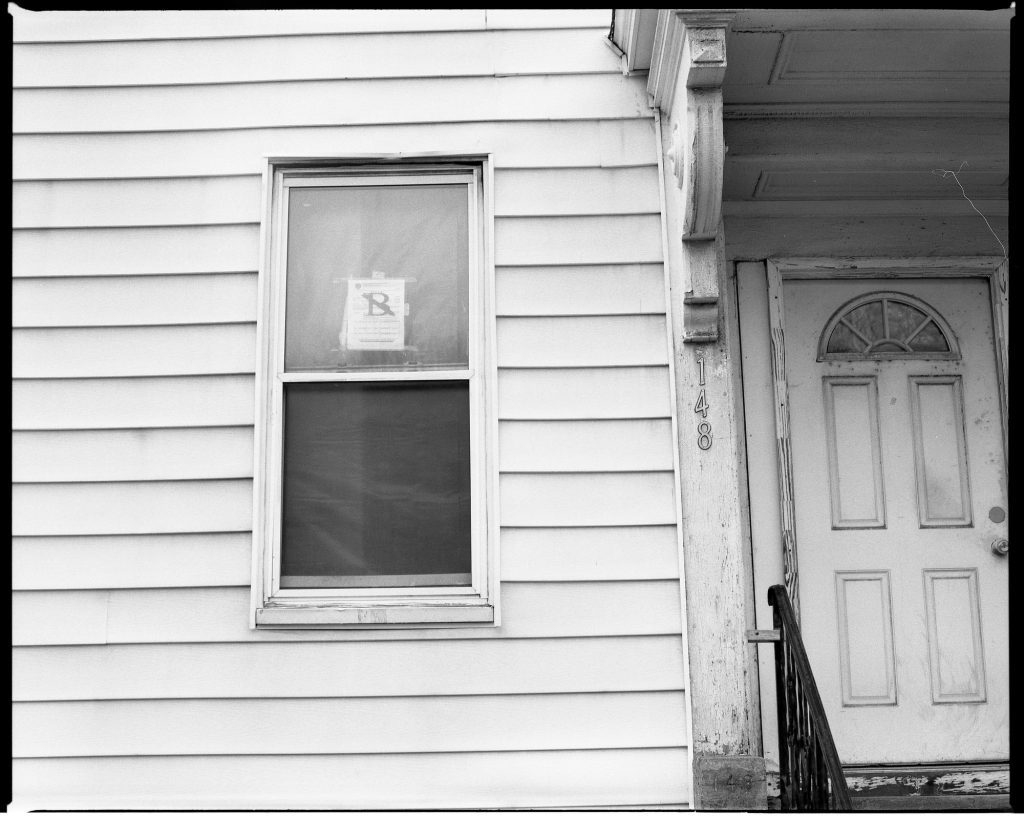A good cause eviction bill would create a new system of rent controls that creates a permanent tenancy for almost every tenant in the state. An owner must renew a tenant’s lease and is limited to minimal rent increases set by the government when the lease expires. It provides a rental tenant with a life tenancy, allowing them to rent an apartment or home until they die or determine that they don’t want to continue to lease the property barring any lease violations. A lease term is no longer effective or legally significant. An owner no longer would be able to lease a property for a prescribed period of time. A tenant would not be required to vacate after their lease has expired, nor could they be removed for holding over. An owner would lose control of their property under this new regulatory scheme, while retaining all the obligations under the lease. There is no reciprocal benefit to the owner for the loss of their property right. The tenant is not required to accept any additional responsibilities, and a property owner is further burdened by a one-sided relationship that, once commenced, can only be terminated by the tenant.
Proponents of eviction without just cause argue that it provides housing stability by combatting gentrification since tenants are not subject to lease non-renewal, and that lease non-renewal together with a cap on rent increases provides rent regulation protections for tenants, resulting in a decline in eviction and eviction filings. These objectives come at great costs however to society as a whole.
Any positive outcomes for tenants come at the expense of the owner. The costs of protecting tenants from market rents is transferred to owners. This is rent control. If the state and the municipalities want to provide rental subsidies to support tenants who are unable to afford market rents then they should do so. However, by choosing instead to limit fair market rents, the government removes the responsibility to subsidize housing from itself and places that burden squarely on the private sector. It purposefully applies a sledge hammer to the private rental market where a gavel would work. Rental subsidies provide housing stability for those that need the assistance, but this policy would punish property owners merely for owning property, decrease the housing stock, and disincentivize renovation and revitalization – the opposite of what the bill purports to do.
The erosion of the owner’s property rights has consequences. The value of the owner’s rental property is negatively impacted. Owners are not able to sell the property for its true rental value or to convert the property to another commercial use including to condominium or cooperative forms of ownership. This impacts not only development opportunities but also financing options and opportunities for sale of the property. The limitation on lease renewal also impacts the ability to repair or rehabilitate units. Tenants are incentivized to hold on to their units because of the cap on rents. The housing stock in general will suffer from disinvestment and not be upgraded.

